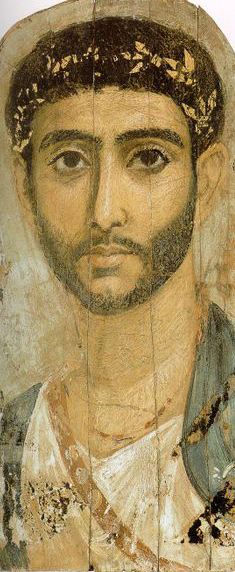In this time and place, poetry has been assigned a month, like other marginalized causes. I grew up in a culture where poetry was not precious and hermetic, but a vital way of expression that belonged to all. Poems were set to music and sung, poets were bards that could fuel revolutions. They, and the satirists, were the first to be exiled or imprisoned by oppressive governments.
I have too many favorite poems. The one I finally decided to post here comes from a Greek of the diaspora, a cosmopolitan and polyglot, who spent most of his life in Alexandria. He lived in self-chosen obscurity, but his power and influence have only grown with time.
 The God Abandons Antony
The God Abandons Antony
by Konstantinos Kavafis
When abruptly, at midnight, you hear
an invisible procession pass by
with delightful music, and voices,
don’t grieve for your failing fortunes,
your spoiled deeds, the illusion of
your life’s plan; to mourn is useless.
Rather, with foreknowledge and boldness,
bid farewell to the Alexandria that’s departing.
Above all, don’t fool yourself, don’t claim
it was just a dream, that you heard a lie;
avoid all such futile notions.
As if long prepared, and ever courageous,
acting as one who deserves such a city,
make your way to the window,
and listen closely with your heart, not
with cowardly pleas and protests;
hear, as a last pleasure, those sounds,
the delightful music of the invisible procession,
and bid farewell to the Alexandria you are losing.
Translated by Stratis Haviaras
The panel portrait is one of many found in the Fayum Basin of Egypt, dating from 1 BC to 3 AD.
 We cannot cross until we carry each other,
We cannot cross until we carry each other,




 The God Abandons Antony
The God Abandons Antony